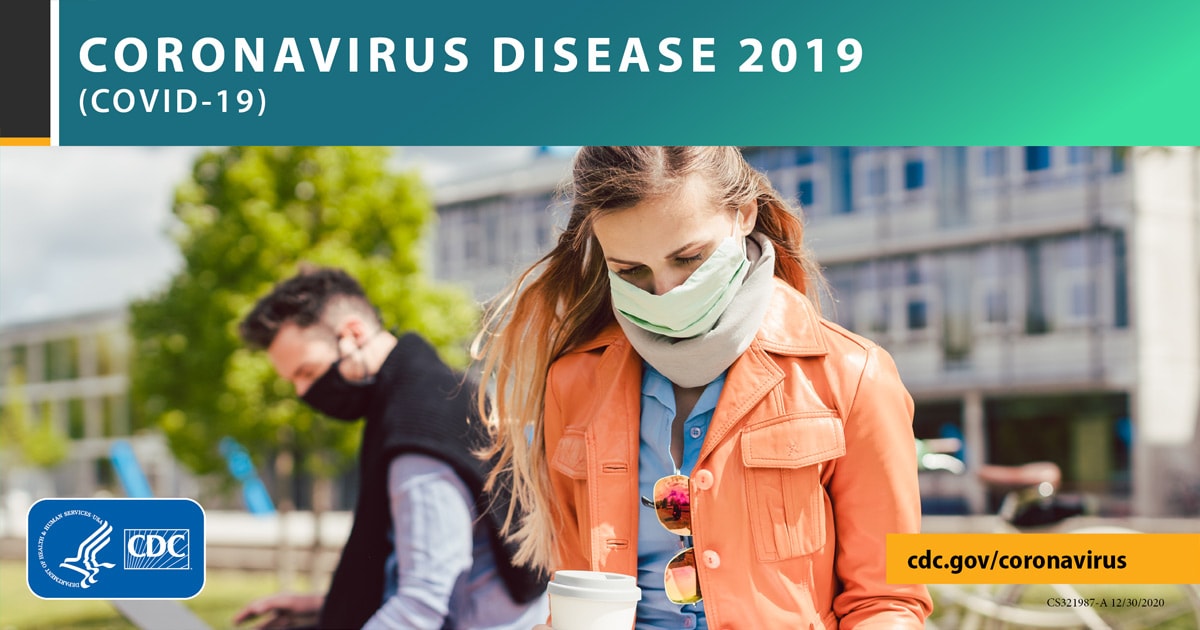Long-Term Effects of COVID-19
Written by COVID-19 NEWS on April 7, 2021

Types of Post-COVID Conditions
Long COVID
Long COVID is a range of symptoms that can last weeks or months after first being infected with the virus that causes COVID-19 or can appear weeks after infection. Long COVID can happen to anyone who has had COVID-19, even if the illness was mild, or they had no symptoms. People with long COVID report experiencing different combinations of the following symptoms:
- Tiredness or fatigue
- Difficulty thinking or concentrating (sometimes referred to as “brain fog”)
- Headache
- Loss of smell or taste
- Dizziness on standing
- Fast-beating or pounding heart (also known as heart palpitations)
- Chest pain
- Difficulty breathing or shortness of breath
- Cough
- Joint or muscle pain
- Depression or anxiety
- Fever
- Symptoms that get worse after physical or mental activities
Multiorgan Effects of COVID-19
Multiorgan effects can affect most, if not all, body systems including heart, lung, kidney, skin, and brain functions. Multiorgan effects can also include conditions that occur after COVID-19, like multisystem inflammatory syndrome (MIS) and autoimmune conditions. MIS is a condition where different body parts can become swollen. Autoimmune conditions happen when your immune system attacks healthy cells in your body by mistake, causing painful swelling in the affected parts of the body.
It is unknown how long multiorgan system effects might last and whether the effects could lead to chronic health conditions.
Effects of COVID-19 Treatment or Hospitalization
Post-COVID conditions also can include the longer-term effects of COVID-19 treatment or hospitalization. Some of these longer-term effects are similar to those related to hospitalization for other respiratory infections or other conditions.
Effects of COVID-19 treatment and hospitalization can also include post-intensive care syndrome (PICS), which refers to health effects that remain after a critical illness. These effects can include severe weakness and post-traumatic stress disorder (PTSD). PTSD involves long-term reactions to a very stressful event.






